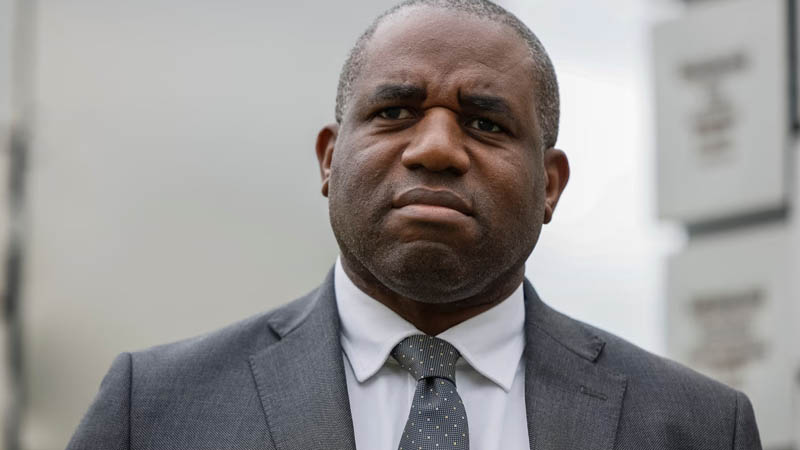
Two Labour MPs, Abtisam Mohamed and Yuan Yang, found themselves turned away at Israel’s border recently, with Israeli authorities claiming they posed a security risk. According to officials, the pair were suspected of planning to “document Israeli security forces and spread hateful rhetoric.” Naturally, it’s kicked off a wave of backlash here in the UK, with some calling Israel’s move excessive, while others say it’s well within the rights of a sovereign nation.
Israel, after all, isn’t exactly lax when it comes to border control. Visitors know the security is no joke — with good reason, considering the country faces regular threats. So, for Israel, shutting the door on politicians whose public comments have been critical of the country’s actions isn’t exactly shocking, reported the Express.
But the real stir is happening back home. There’s a growing frustration with how the UK handles its own border and security issues. Critics have pointed out that while Israel can act quickly to refuse entry to those it deems a risk, Britain often struggles to do the same. Layers of red tape, pressure from rights groups, and mixed priorities have left many wondering whether the UK is equipped to deal with the kinds of threats it’s facing now.
Sir William Shawcross, who led a review of the UK’s Prevent strategy last year, warned about the dangers of extremist ideologies slipping through the cracks — and said his concerns, particularly around Hamas, weren’t taken seriously enough. Fast forward a year, and the system’s failings have become alarmingly clear.
One example that’s stuck with many is the tragic case involving Axel Rudakubana, who had previously been on Prevent’s radar. The programme reportedly closed his case years before he went on to kill three children in Southport last July.
Then there’s the revelation that Dr Saleh Al-Atabi, once linked to Saddam Hussein’s weapons programme, has been living and working in the UK, even though his asylum claim was initially rejected. And in another recent case, a Jamaican man with a serious criminal record wasn’t deported because of concerns he might not get witness protection back home.
Meanwhile, Foreign Secretary David Lammy has criticised Israel’s decision to turn the MPs away, calling it “unacceptable, counterproductive and deeply concerning.” But Lammy’s also said he would seek an arrest warrant for Israeli PM Benjamin Netanyahu if he set foot in Britain — so it’s safe to say tensions on this topic are running high.
In the end, Mohamed and Yang didn’t appeal Israel’s decision and were sent back to the UK. While the debate rages on, the real questions being raised now are about how seriously Britain is taking its own security — and whether we’re too quick to criticise other countries for doing what we struggle to do ourselves.







